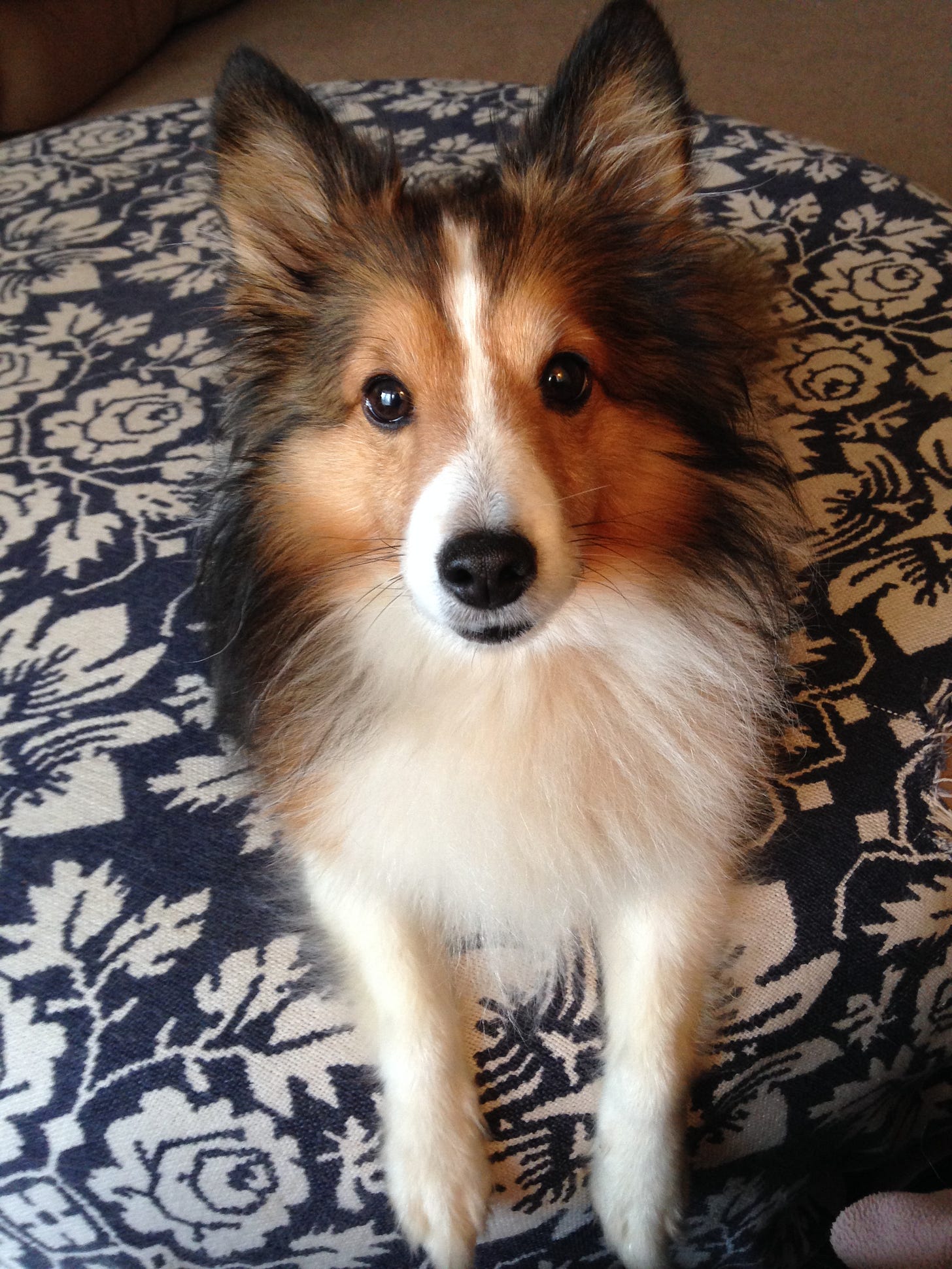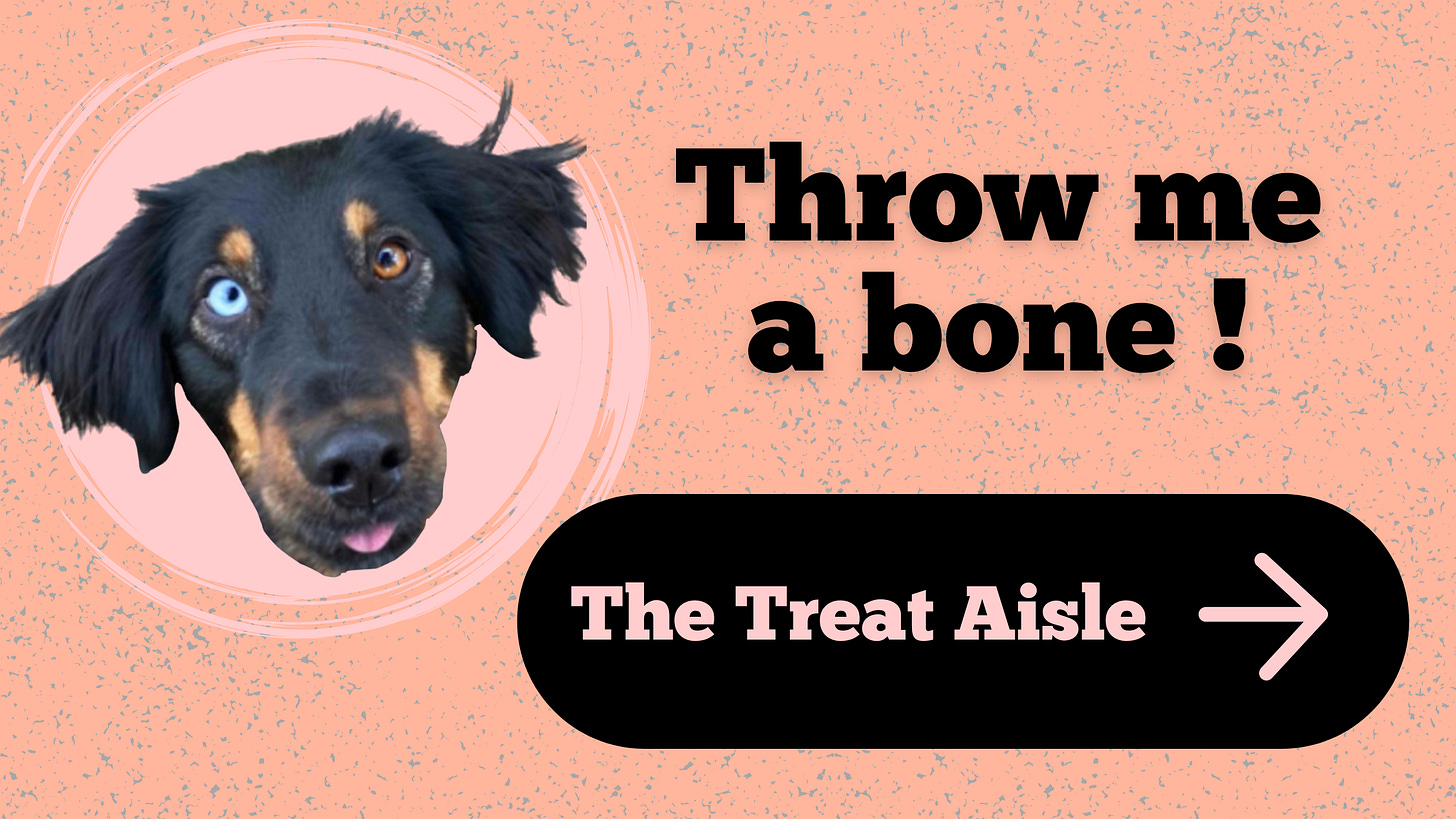Compassion can be…well, uncomfortable. Defined as suffering with, compassion is the act of sitting with someone in their suffering without taking action, which is just hard. When someone you love is struggling, your first impulse is (of course) to rescue them from it. This is such a caring thing to do – you can’t just let someone suffer! You want to help!
The problem is that helping isn’t always helpful. Think of a time you were suffering. How did it feel when someone tried to fix the problem (you should do xyz), reached for cliches (he’s in a better place now), or even scolded (you probably could’ve avoided this if…)? I’m guessing it didn’t feel good. It probably felt invalidating, shaming, or blaming. Sometimes rescue attempts can make the situation worse.
When I wrote about compassion last month, I shared about how scared my sheltie Sammy was of fireworks. He would huddle in a corner, eyes wide, refusing food and water, waiting for the bombs to drop. Imagine if, in that moment, I had told Sammy, “They’re just fireworks. It’s stupid to be afraid. Just get over it. I’m tired of listening to you whining.”
I would never say those things to Sam, and I know you would never say them to your own scared pup.
And yet, you might be doing this to yourself.
Sometimes you might feel as scared as Sammy did on July 4th, or maybe you feel sad, alone, or stuck. How do you treat yourself when you feel these things? Is your first impulse to tell yourself to stop it? To be stronger, or to quit being such a baby? Maybe you yell at yourself, call yourself names, or try to logic yourself out of your emotions. Even though these approaches rarely work, they’re the only tools you have, so you do them again, and again, and again.
You deserve better.
Self-compassion is the act of sitting with your own suffering in mindful kindness. It means noticing both the pain and the negative self-talk and gently offering loving kindness instead.
Self-compassion is such an abstract concept, and one that doesn’t show up much in Western cultures. Which means it can be hard to figure out how to do. There isn’t one right path to a self-compassion practice, so it’s great to try a variety of things to find what’s right for you. My personal favorite practice is a visualization.
Imagine your dog in a vulnerable, frightened place. Notice the feeling that comes up for you. For me, it’s a sharp sadness and urgency from my throat to my solar plexus. I think of this as my protection emotion. Next, imagine putting your arms around your pup and pouring comfort into them. Try to use all your cells and energy to give your dog the safety it needs. What does that feel like for you? Is it a warmth in your chest or belly? A sense of well-being and peace flowing towards your dog? Get to know that feeling, noticing every detail of the experience. Now, take that feeling, and direct it towards yourself. Imagine curling up around your suffering and giving it love.
It’s easy to give compassion to our pets when they’re having a hard time. But when it comes to ourselves, we’re often harshly self-critical, picking at our own faults and spiraling them into thoughts like, “No wonder you’re alone, who could want you?” Or, “You’re a failure. You’ll always be a failure.”
Sitting with your own faults or vulnerabilities, mistakes or wounds, might sound like a terrible idea. Maybe you’ve learned that the only way to improve yourself is through harsh words, browbeating, and shame. Or maybe it’s just hard to refute such devastating words as stupid, unlovable, or disgusting, the words we sling at ourselves like weapons.
What would you say to your dog if he felt the way you feel? What would you do for him? Do that for yourself. Give yourself the compassion, warmth, love, and gentleness you would give your pet. That’s what you deserve.









When I couldn't think of anything nice to say about myself, I look at my dog and say something nice about her that reflects something nice about me lol.
What a more loving world this would make, if we applied this both at home with ourselves, and abroad with others.